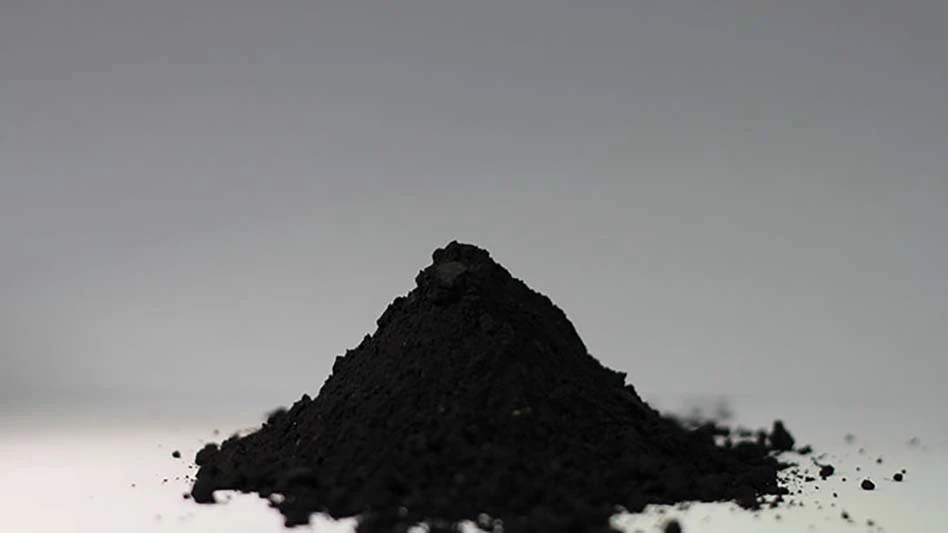The U.S. Environmental Protection Agency (EPA) is proposing a cleanup plan to address groundwater and mine water contamination at the Ringwood Mines/Landfill Superfund site in Ringwood, New Jersey. The site, which was once used to dispose of waste materials from Ford’s automobile assembly plant in Mahwah, New Jersey, was restored to the Superfund list in 2006 because of additional contaminated materials being discovered.
The EPA’s proposed plan would address contaminants in groundwater at the site by providing for the installation of wells near the Peters Mine Pit and Peters Mine Pit Airshaft, perpendicular to the direction of groundwater flow, to introduce an oxygen-releasing compound into the aquifer to enhance the breakdown of contaminants.
“EPA has been closely engaged with the community through public information sessions and the community advisory group meetings. These critical engagements with community stakeholders have provided EPA with significant insight into the concerns of the local community, which will be considered by EPA as we work to select a final remedy for the site,” says Pete Lopez, EPA regional administrator. “While EPA believes this remedy is the best in terms of being protective and feasible, we seek and welcome input from impacted communities throughout the Superfund cleanup process, and I encourage people to give us input on this proposed plan.”
To treat mine water contaminants in the Peters Mine Pit Airshaft, the EPA has proposed to add granular activated carbon and resin to the airshaft.
With these combined actions, the EPA says it expects to address an ongoing source of groundwater contamination and help the aquifer to recover. This plan provides for long-term groundwater and surface water monitoring to ensure the protection of drinking water resources.
Throughout the cleanup, the EPA says it will monitor the progress and, after the remedy has been fully implemented, conduct a review of the cleanup at least every five years to ensure its effectiveness. Under the proposed plan, the estimated cost of cleanup is approximately $3.4 million.
Get curated news on YOUR industry.
Enter your email to receive our newsletters.
Latest from Recycling Today
- Reworld partners with Mystic Aquarium
- BIR calls for fair standards, circular solutions in defining ‘green steel’
- LME reports active Q2
- Liberty Steel assets facing financing deadlines
- Sims is part of Australian recycling loop
- Tariffs target steel exporters Brazil, Canada and South Korea
- Buy Scrap Software to showcase its software at Scrap Expo in September
- LG details recycling activities





